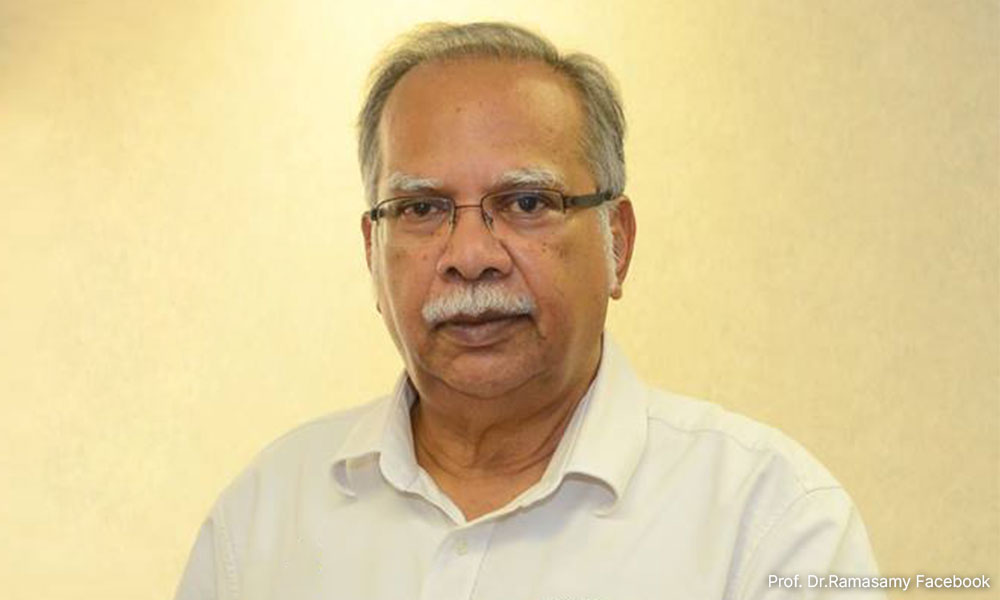Former deputy rural development minister R Sivarasa has hit out at the announcement by Communications Minister Fahmi Fadzil of a code of ethics for the media, saying the matter should have been left to the media council.
Sivarasa (above) said the government’s move indicated a failure to comprehend the role of the council.
“This does not reflect a clear understanding of the role of a media council.
“There should not be two codes - one by a government and one by an independent media council.
“Just one, which logically must be the media council,” he said on X.
Potential overlap
This came after Fahmi clarified yesterday that the government’s media code of ethics will be the sole standard used in accrediting journalists.
Fahmi said the council, which is the planned body for media self-regulation, can have its own code, but this would not be used by the Information Department in deciding whether to issue or revoke press passes.
“The updated version of the code of ethics for journalists released by the Information Department yesterday is a separate matter from the code of ethics that will be issued - if any - by the media council.”
Fahmi said this amid pushback from the industry on the government’s role in crafting and implementing the code, questioning the potential overlap with the planned media council.
The code of ethics outlines eight core responsibilities for the media.
These include being the voice of the plural society; being transparent and with integrity; fairness in conveying information, validity and accuracy of information; independence from personal interests; and protecting the privacy and confidentiality of sources.
Fahmi said it was up to the council whether it wished to use the Information Department’s code or come up with its own guidelines.
Unwelcome introduction
Former Penang deputy chief minister P Ramasamy added his voice to the growing criticism of the move, saying that in the age of governments not having the best interests of society, the recent introduction of the code of ethics for media personnel is most unwelcome.

“Although the government has said that it was an improvement over the existing code of ethics established in 1989, fears abound that the amended version might affect the freedom of the media.
“Issuing permits under the bureaucratic arm of the state, the Information Department, for media personnel suggests the government’s larger and more pernicious interest to subdue the media.
“Dissemination of fake and inaccurate news might not be just controlled and managed by the code of ethics for journalists especially when fake news seems most associated with politicians and others,” he said in a statement today.
Rather than the government poking its nose in what journalists should or should not do, the establishment or improvement of the code of ethics should be left to the media, he added. - Mkini



No comments:
Post a Comment
Note: Only a member of this blog may post a comment.